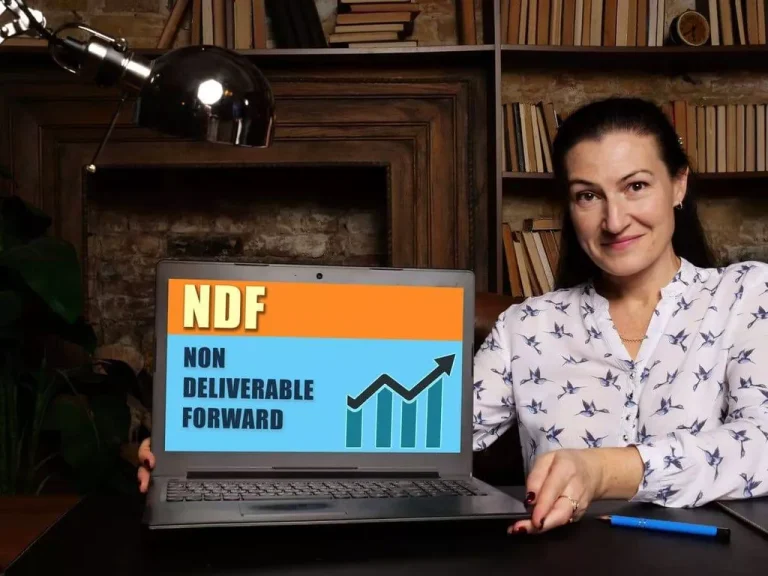Cex Vs Dex: Understanding The Necessary Thing Variations And Choosing The Right Trade
Centralized exchanges (CEXs) provide more user-friendly interfaces, customer support, and better liquidity, making them suitable for beginners. Decentralized exchanges (DEXs), on the other hand, provide larger privateness and control over your property because you trade directly from your wallet. In the rapidly evolving crypto panorama, choosing between a CEX and a DEX can form your buying and selling experience.
Mechanism Behind Centralized Exchange And Decentralized Change
While CEXs usually launch new tokens, DEXs still facilitate most new token sales and liquidity. A DEX, then again, is a superb gateway to the world of DeFi. With a single Ethereum Virtual Machine (EVM) wallet, you can explore the huge DeFi universe.

This system eliminates the necessity for conventional order books and permits continuous buying and selling whereas rewarding liquidity providers with transaction fees. Decentralized exchanges (DEXs) are platforms that allow customers to trade cryptocurrencies immediately with one another without counting on a third party to facilitate transactions. As An Alternative of utilizing a traditional order book, DEXs operate on a blockchain using sensible contracts. The most typical model for DEXs is an automatic https://www.xcritical.com/ market maker (AMM), although different strategies are additionally used.
Cryptocurrency Costs
No matter your story, you should know the crucial variations between a CEX and DEX before deciding which to use. Relying on what you want to do and your level of expertise, each has its advantages and drawbacks. Customers of self-custody crypto wallets only work together with a DEX after they want to swap crypto. The essential factor is that the platform you select is clear about the pricing expenses. That method, you’ll rest assured that the trade will secure the anticipated amount in return. The benefits of KYC are its safety towards fraud and compliance with related rules.
Decentralized exchanges (DEXs) are higher suited for crypto customers who prioritize privateness, management over their funds, and direct participation in decentralized finance ecosystems. Trading on a DEX allows users to take care of full custody of their assets, as transactions occur instantly between wallets with out intermediaries. CEX platforms are sometimes more prone to security breaches and hacks due to their centralized nature. Hackers can target the exchange’s infrastructure, potentially getting entry to users’ funds and delicate information.
With the rise of decentralized finance (DeFi), extra users are shifting in the path of DEXs to benefit from yield farming, staking, and governance participation. Guarda Wallet’s newly built-in DEX performance makes it easier than ever to trade securely whereas maintaining full control over property. Nonetheless, DEXs might pose risks for liquidity providers, who can face impermanent loss or good contract vulnerabilities.
- It affects the way you handle compliance, user experience, custody of property, liquidity, and scalability.
- Let’s begin by discussing how much control you’ve over your assets when executing a transaction.
- Connecting patrons and sellers effectively, CEXs maintain excessive trading volumes and offer a seamless trading expertise.
- Typically, CEXs might have larger trading charges, however DEXs can typically be more expensive if transaction charges on the blockchain are high.
- Though DEXs are rising in popularity, one can’t deny that CEXs still dominate them by way of the buying and selling quantity.
Despite their advantages, centralized exchanges (CEXs) face challenges affecting user trust and operational efficiency, notably safety risks and regulatory challenges. They typically lack the safety measures of traditional banks, leaving user belongings susceptible to theft. Centralized exchanges make the most of a centralized order e-book to facilitate the matching of buy and sell orders, prioritizing them primarily based on value and time. This order matching system automates commerce executions, making certain faster and more precise transactions. Connecting consumers and sellers effectively, CEXs preserve high trading volumes and supply a seamless trading expertise.

Not Like their centralized counterparts, Decentralized Exchanges (DEX) provide a more liberated trading setting. They leverage blockchain technology, facilitating peer-to-peer transactions through sensible contracts with none central entity governing the process. Centralized Exchanges (CEX) are a hub for purchasing and promoting varied cryptocurrencies. They function like conventional stock exchanges, with a central body overseeing all transactions. Customers entrust their property to the exchange’s consolidated wallet, much like depositing funds in a bank. DEX platforms enchantment to traders who prioritize security, autonomy, and censorship resistance.
On Uniswap and comparable exchanges, users are incentivized to offer liquidity as they get a portion of the transaction charges traders pay when swapping between tokens. In Addition To operators with bad intentions, centralized trade users can even suffer losses as a end result of exchange’s incompetence. For instance, an change might not take appropriate measures to secure the crypto wallets under their management, making it attainable for hackers to steal funds. A benefit of CEXes is that users can simply commerce between crypto assets even if they’re on completely different blockchains. For instance, a consumer can directly trade Bitcoin towards Ethereum on a centralized trade if the trade presents such a buying and selling pair. When it involves anonymity and privateness, DEX platforms usually have the higher hand.
Centralized and decentralized exchanges (CEX vs DEX) every provide unique advantages and downsides, making them suitable for different users. CEXs, like Coinbase and Binance, are user-friendly, with excessive liquidity and customer difference between cex and dex help, making them ideal for beginners. Most of the day by day crypto trading volume (over 72%) still happens on centralized exchanges (CEXs). They’re simpler to make use of, offer higher liquidity, and are trusted in regulated markets.
Many DEXs rely on the Ethereum blockchain for executing good contracts, emphasizing transparency and security. Future developments are expected to reinforce their liquidity and scalability, making them extra Stockbroker aggressive with centralized exchanges. CEXs usually cost buying and selling charges primarily based on the volume of your trades and will offer discounts for greater volumes or for utilizing native tokens. DEXs generally don’t have platform charges, but you should pay gasoline fees for blockchain transactions, which may be unpredictable and costly throughout community congestion. Some well-known centralized exchanges embody Coinbase, Binance, and Kraken. These platforms are well-liked because of their ease of use, in depth asset choices, and beginner-friendly features.
Likewise, a CEX allows customers to trade cryptocurrencies at real-time values. Liquidity providers earn rewards from transaction fees and trading fees, incentivizing them to help the liquidity pool buying and selling ecosystem. Look for a team with confirmed expertise in trade architecture, sensible contract development, safety audits, and regulatory readiness. SoluLab builds each CEX and DEX platforms from scratch with custom features for enterprises. For enterprises, launching a DEX platform means giving customers full control over their assets, enhancing privacy, and minimizing regulatory dependencies.
On the opposite hand, decentralized platforms like Uniswap present enhanced privacy, management over property, and clear, trustless buying and selling experiences. But to make use of them well, you want to be well-versed within the intricacies of blockchain and wallet security. A decentralized change, or DEX, is a peer-to-peer market that enables users to commerce trustlessly.





